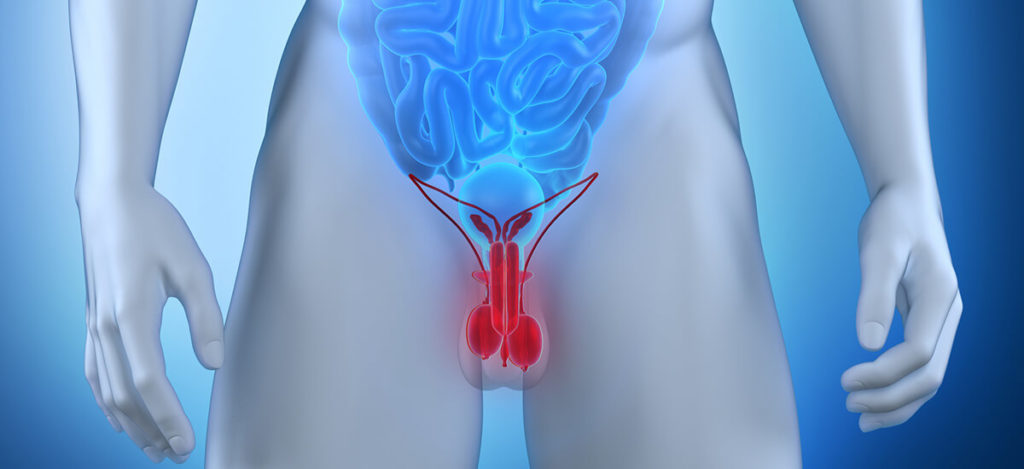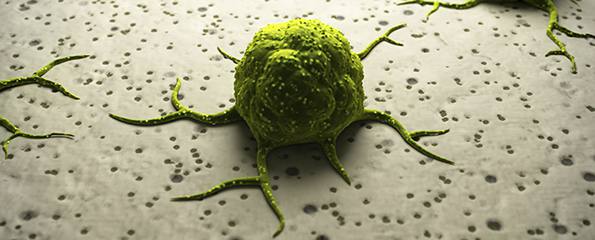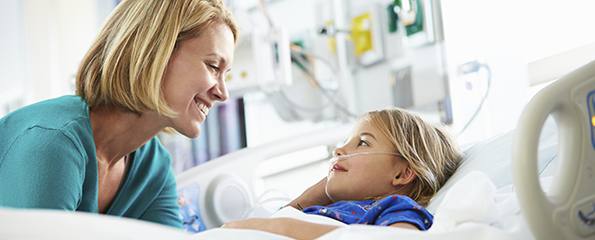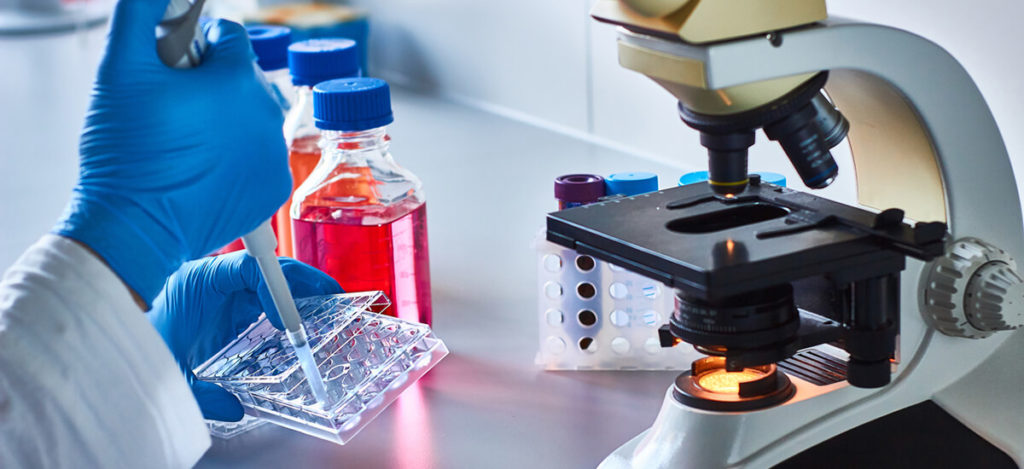Dr Andrew Dean, Director of the Cancer Editorial Advisory Board, talks about the importance and the intricacies of keeping a balanced diet during cancer treatments.
Transcript
Hello, I’m Dr Andrew Dean, Medical Oncologist and the Medical Director of the VirtualMedicalCentre.com. Let’s talk about diet. Should you? How much? And what?
Patients undergoing treatment for early cancers, such as early breast cancer, often find that they put on weight, which they really don’t like. We also know there are medical reasons why you should try maintaining a normal, healthy weight during treatment for early cancer as those who experience significant weight gain may actually have worsened outcomes.
There are multiple reasons why people who gain weight may have worsened outcomes and these include simple things such as the relative dose of chemotherapy in relation to body mass may go down. Hopefully, that’s picked up by your treatment team.
People who gain weight during treatment for early cancer and move into unhealthy weight ranges may have a much worse outcome on their chemotherapy or other anti-cancer treatment than patients that keep a healthy, normal weight.
There are many factors as to why this may be so, including alterations of the relative dose intensity of the treatment, but also people whose weight goes up often produce more insulin and insulin-like growth factors which are thought to act like stimulants to cancer cells.
So people who are undergoing treatment for early cancer should try to maintain a healthy, normal weight.
How do you do that? Eat sensibly; eat the right foods. If you feel like a snack go for something like celery or carrots, rather than things that contain a lot of sugar.
There are also a lot of fallacies that are bandied around such as “Whatever you do, don’t eat sugar. Sugar brings cancer.” Well, that may be true in part but sugar feeds every cell in the body and unfortunately cancer cells are way better than normal cells at breaking down healthy tissues in order to generate sugar. So what’s important is that you get the right calories and you get the right types of food. Diets that are very high in sugar may also provoke or stimulate secretion of insulin and, again, the insulin secretion can act as a stimulant to cancer cells. So it’s not the sugar per se that’s disadvantageous but it’s more perhaps the body’s response. And that’s why diabetics and people who are overweight who have excess insulin secretion may actually do worse on their cancer treatments.
Book your health appointments online
Find and instantly book your next health appointment with Healthengine
So why does the weight gain actually occur?
Well, often it’s because people have steroids as anti-allergy drugs or drugs that prevent nausea during their chemotherapy. One of the side effects, unfortunately, of the steroids is it stimulates appetite and weight gain.
So, if you find that your appetite is in fact stimulated, you may try simple things such as replacing snack foods and meals that are rich in carbohydrates with small, protein-rich snacks or relatively low-carbohydrate foods such as celery or carrots.
Some people advocate the use of meal replacement therapy, such as available in many chemists, where the meal comes in a powder sachet form that makes you feel full and less likely to eat. I’ve certainly had many people who have managed to control their weight during chemotherapy by using techniques such as these.
So, when is weight loss not a good thing?
Weight loss is not a good thing when you’re fighting advanced cancer and you’re struggling to maintain your weight. Now, often people who are undergoing chemotherapy for more advanced cancers can find that they just can’t keep their weight on, they have no appetite and they struggle to find food that tastes half decent.
Probably one of the commonest things is that people say they develop taste for sweet foods and I think you can improve your overall healthy diet by eating healthy food that can contain sweet fibers. One of the recipes that people find particularly tasty when they are having chemotherapy at their institution is a recipe of mine from old, which is healthy grilled chicken which is then cooked with apricots or apricot juice. In fact, the sweetness of the apricots often brings out that much more pleasant flavour in people who are struggling to maintain their weight not being able to eat more food which is higher in calories. Another favourite is spaghetti bolognese, where patients will feel that their food is quite bitter and the tomato tastes quite bitter but if the bolognese is actually sprinkled with either sweetener or very small amounts of sugar, the sweetness of that flavour brings out all the taste of the bolognese.
Another healthy recipe that people report is a lot more palatable than normal food are things like healthy cuts of chicken kebabs, grilled and perhaps drizzled with small amounts of honey to bring out the sweetness of the flavour.
So I’d encourage you to experiment with healthy foods where you can add slight sweetness of flavour in order to make the food more tasty. Ultimately if you’re struggling to keep your weight up and you find that you’re losing weight and don’t want to, it’s a simple matter of trying to get more calories in, so that your calorie intake beats your calorie expenditure and also beats the calories which are consumed by the cancer.
So what about juicing?
Well, juicing is ok if you like the juice but not if you are consumed by the juice. There is absolutely no evidence that consuming large quantities of freshly pulverised vegetables and fruit actually makes any difference to the outcome of cancer. Some of the “healthy juicing diets” as they are called are actually very high in sugar, which may be counterproductive. Juicing is ok if you like the flavour of the juice, but don’t get consumed by it and don’t live by juicing, or think that if you don’t juice you’re not going to get a good outcome.
So what about obesity in cancer?
Well, we know that obesity results in increased secretion of insulin, and increased secretion of insulin may be associated with increased stimulation of cancer cells. There are actually trials on the way of drugs that block the effects of excess insulin to see if they actually improve the outcomes of cancer treating with conventional treatments.
What about the idea that if you starve yourself to death you will also starve the cancer?
Mmmm. Apart from that being difficult, often unpleasant and uncomfortable because of the constant hunger that can go along with that, there is obviously the truth that too much weight loss is actually harmful. Some of the thoughts and theories that are often used to promote the ultra low calorie diets are observations such as populations that actually have fairly low calorie intake and have fairly low incidences of cancer, and that people who restrict calorie intake may actually do better with cancer than those who don’t. But the exact mechanism as to why this is so is not fully understood and may in part be mediated through the whole excess insulin, insulin resistance and insulin receptive mechanisms.
So, I personally think that starvation diets do you more harm than the cancer, because ultimately the cancer is able to break down your body tissues to get calories that it needs. I certainly would advocate a healthy diet that’s blended, that’s balanced and that has the right amounts of nutrients and calories for you and your weight.
If your weight is going down: little meals, more often, high in calories to try to keep your weight up are beneficial. If you’re overweight, then trying to calorie restrict and getting the weight down to more normal, healthy levels, is actually beneficial.
I hope you find these comments helpful and thinking about this: why are you at your computer when you could be cooking something healthy in the kitchen?
More information
 |
For information on this treatment and all its different classes visit Chemotherapy. |
 |
For everything there is to know about Cancer, read What is Cancer? |
 |
Learn more about Nutrition. |
All content and media on the HealthEngine Blog is created and published online for informational purposes only. It is not intended to be a substitute for professional medical advice and should not be relied on as health or personal advice. Always seek the guidance of your doctor or other qualified health professional with any questions you may have regarding your health or a medical condition. Never disregard the advice of a medical professional, or delay in seeking it because of something you have read on this Website. If you think you may have a medical emergency, call your doctor, go to the nearest hospital emergency department, or call the emergency services immediately.







